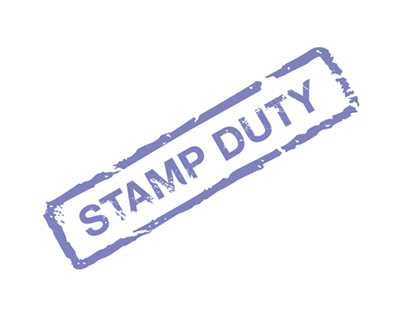
“The latest estimates are that 70,000 to 100,000 home buyers will miss the March 31 deadline … This is obviously terrible news for those affected, but extending the holiday would simply mean delaying the pain to a different set of house movers in the future” warns Simon Nosworthy, a conveyancer at the firm Osbornes Law.
He continues: “Yes, a delay now would save all of those would-be house movers the stamp duty fee, but all that does is store up the problem for other people down the line.”
Nosworthy says that the holiday has so far meant that conveyancers like himself, and much of the agency industry, have never been busier – but he suggests you can have too much of a good thing.
“While this has undoubted boosted business and the economy generally, unless the Chancellor decides to abolish stamp duty forever – around as likely as the abolishment of income tax – then the holiday can’t go on indefinitely.”
He adds: “One major problem with the stamp duty holiday is that it has created an artificial bubble that has seen house prices rise by 8.5 per cent. This means that first time buyers have had to save more to come up with a deposit, when things were already difficult enough to get on the property ladder.
“In addition, there is a real risk that prices, having been artificially inflated, may well go down when the holiday ends. Those who bought during this period may find they have overpaid, potentially negating any saving they made from not paying stamp duty.”
Nosworthy says that some of those who would have been hit by failing to meet the March 31 deadline will obviously benefit from an extension, while more broadly the extension of the holiday increases the galvanising effect on the wider economy.
But he adds: “The stamp duty holiday has served its purpose well in that it has encouraged people into the housing market despite the uncertainty the pandemic has brought. But while there are clear benefits to extending the holiday the time has probably come to let it end and get back to a state of relative normality.”
